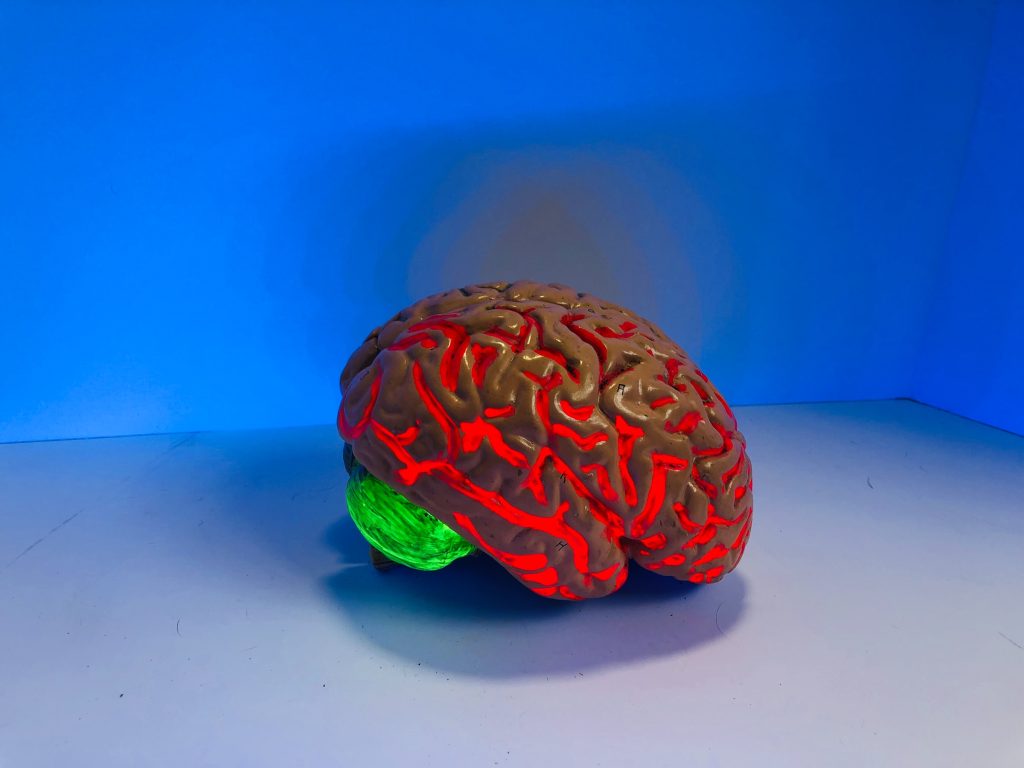The Signs of Brain Haemorrhage
Contents
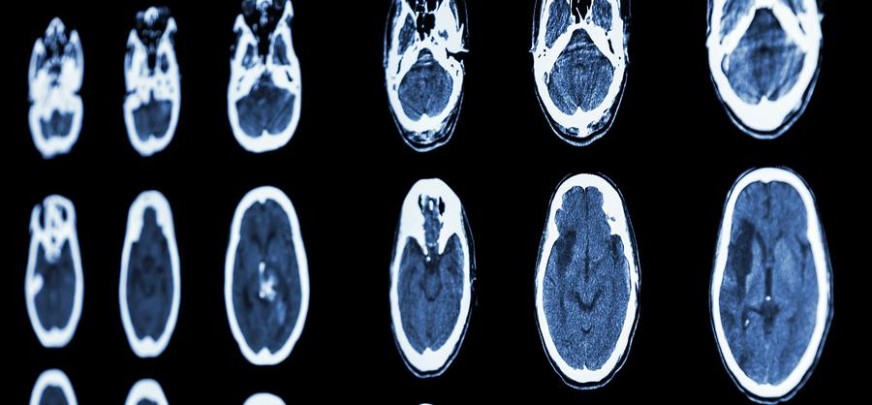
Causes of Brain Haemorrhage
A brain haemorrhage can have a variety of causes. Many disorders affecting the blood vessels can cause it, such as uncontrolled hypertension, excessive anticoagulant medication use, or a weakening of the blood vessel wall (aneurysm). It can sometimes happen on its own with no apparent reason. It’s critical to realise that every one of these reasons is serious and requires emergency medical attention.
Identifying Brain Haemorrhage Signs
Being able to identify the symptoms of a brain haemorrhage can be crucial to getting medical help quickly. A sudden, intense headache that is frequently referred to as the “worst headache” one has ever experienced is one of the warning indications of a brain haemorrhage. Additional symptoms include vertigo, convulsions, trouble speaking or understanding others, dizziness, abrupt numbness or weakness, and trouble swallowing.
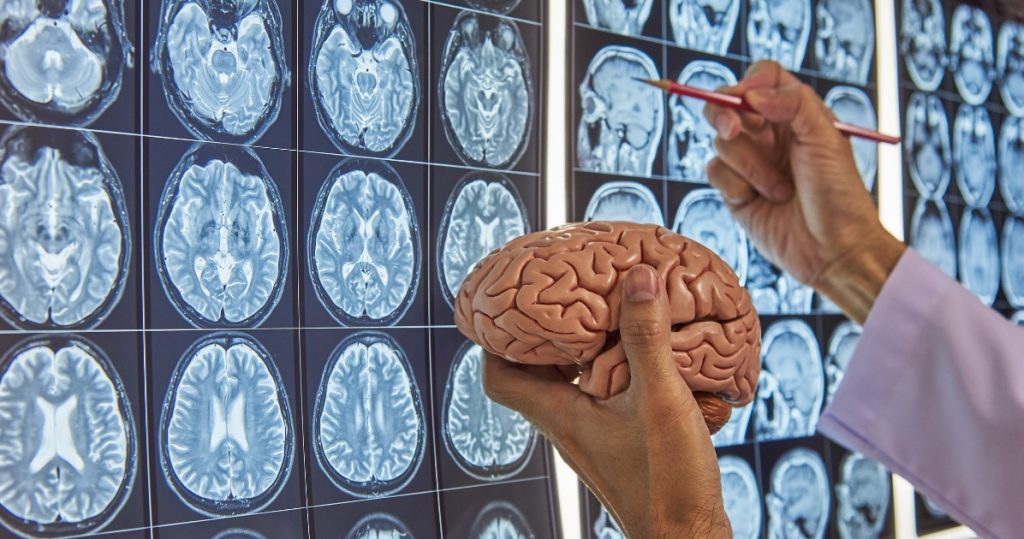
The location and degree of brain haemorrhage define the symptoms of a brain haemorrhage. For instance, the person may suddenly become weak or even paralysed on one side of the body if the bleeding happens close to the area of the brain that regulates motor abilities. If there is bleeding in the brain regions in charge of speech, vision, or memory, these issues could arise.
Seeking Medical Help after Identifying the signs
If you or someone in your vicinity displays any of the symptoms listed above related to brain haemorrhage, you must get treated right away. Effective management and control can be achieved with the right medical intervention, particularly if it is detected early.
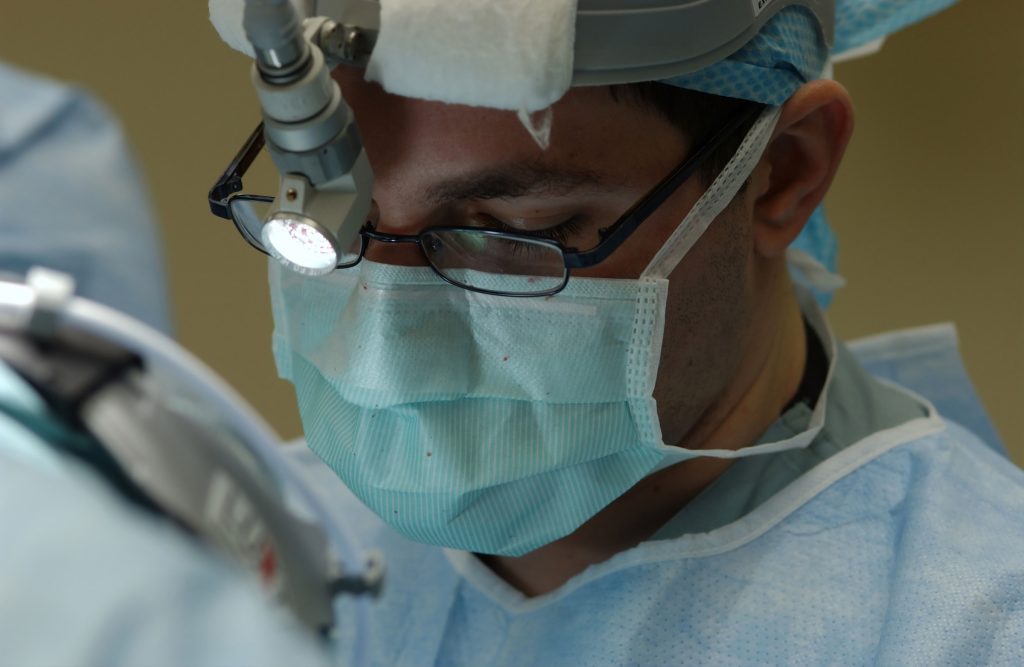
Treatment options for brain haemorrhages vary according to the extent and site of the bleeding. The primary goal of treatment in most situations is to keep the body’s essential processes—such as breathing, heart rate, and blood pressure—maintained. Another important component of early management is pain control. If anticoagulant medications are the cause of the bleeding, the use of them should be stopped immediately.
Surgery might be necessary in extreme situations to relieve pressure on the brain, remove a sizable hematoma, or halt the bleeding. To restore lost functions, some patients can require rehabilitation. These two extremes show the variety of available therapeutic approaches, and it is clear that efficient management of a brain haemorrhage necessitates a multidisciplinary team approach.
Prevention and Risk Factors

Some ways that you can prevent or reduce risk are:
- Leading a healthy lifestyle can reduce risk (i.e. exercise, a healthy and balanced diet, and not abusing any substance or overusing vitamins).
- Age is a major factor in which it is more common in adults over 60 years old.
- High cholesterol which can clog arteries can lead to this problem.
- Smoking and excessive alcohol consumption can also increase the risk of brain haemorrhages.
All of these factors play a key role in blood pressure as high blood pressure is a leading cause of this condition and should be controlled effectively. Regular screening for hypertension and proper medication adherence can significantly reduce this risk. So, understanding these risk factors and making conscious efforts to alter lifestyle habits can help in the prevention and risk reduction of this condition.
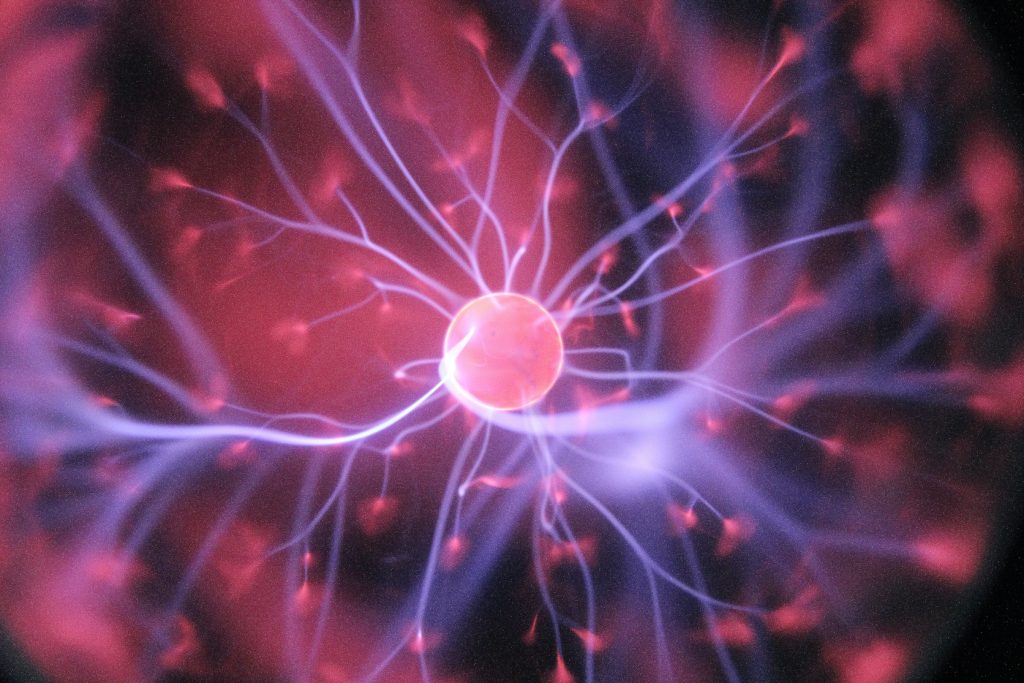
Facing a severe health crisis such as a brain haemorrhage necessitates immediate medical help. Various elements like high blood pressure, aneurysms or overdoing it with anticoagulant medications can lead to this grave situation. However, if you’re keen enough to identify the early signs and rush for prompt medical intervention, your chances for a full recovery might greatly improve.
Although there are treatment options available, nothing beats keeping this lifeline disaster at bay in the first place. Simple lifestyle modifications could notably decrease the danger of experiencing a brain haemorrhage. Stay cognizant of the risk factors and keep tabs on your health to potentially avoid this lethal health crisis. The urgency of timely action of prevention cannot be overstressed.

